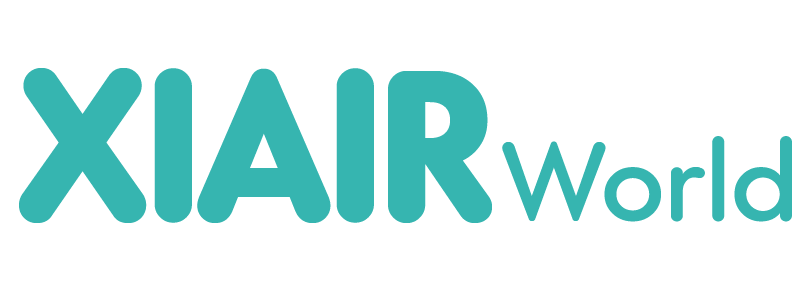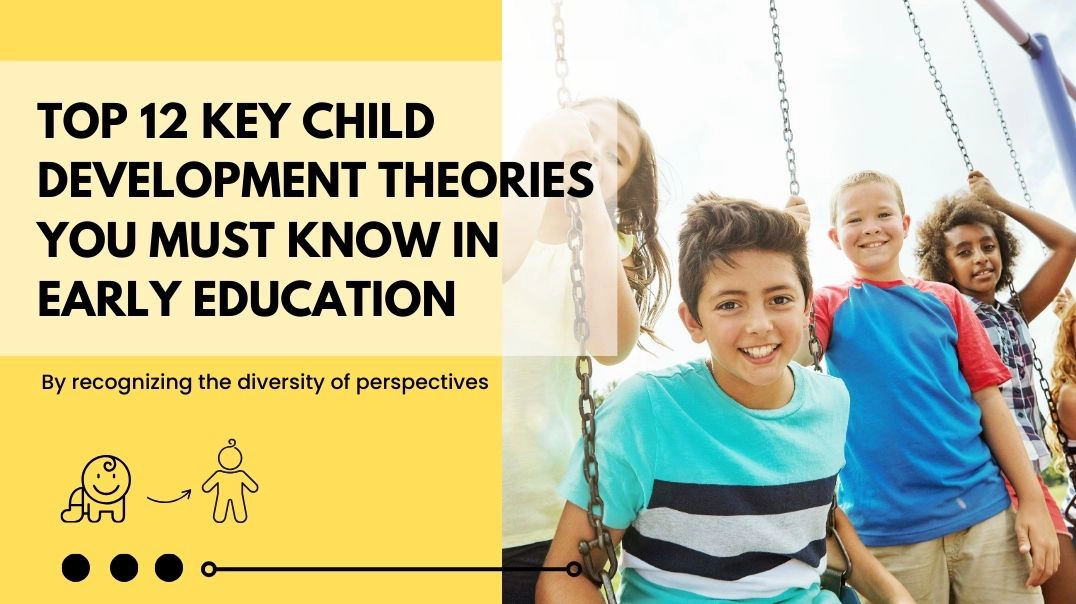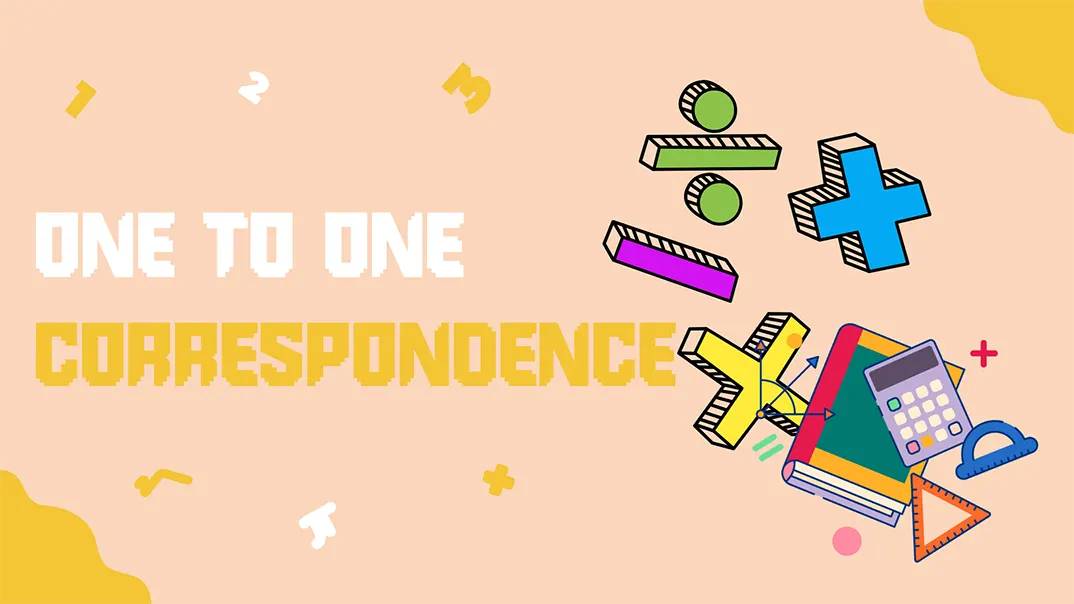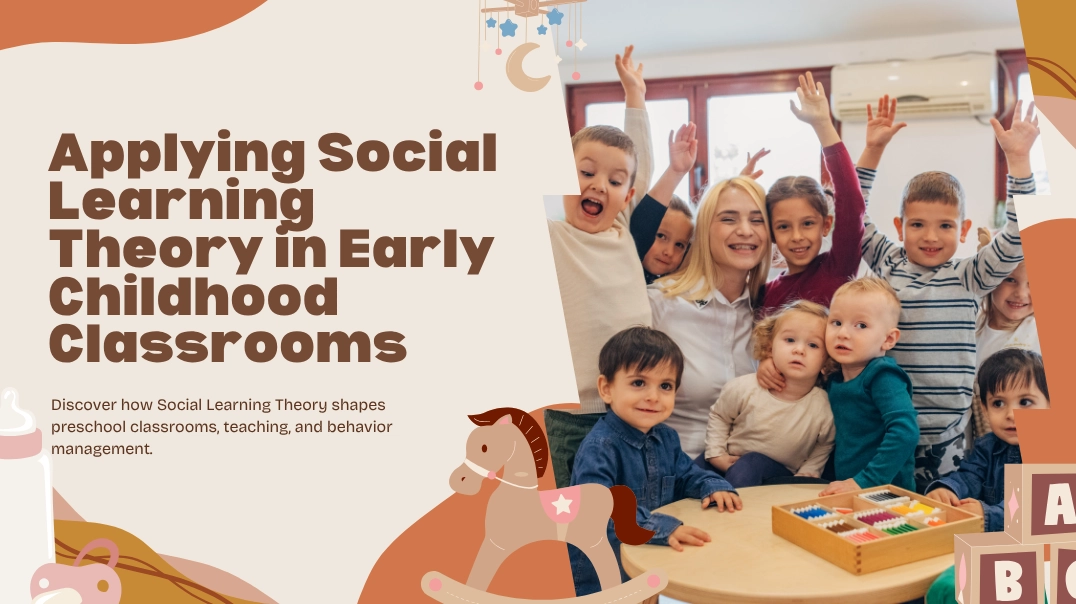
Interactive Storytime Ideas That Spark Kids’ Imaginations
Interactive storytime helps children stay focused, get involved, and use their imagination as they listen and respond to stories. Whether you are reading at home or in a classroom, adding a few creative touches can make a big difference in how kids experience and enjoy books. This article explores the value of interactive storytelling and how to make it work in everyday settings.








